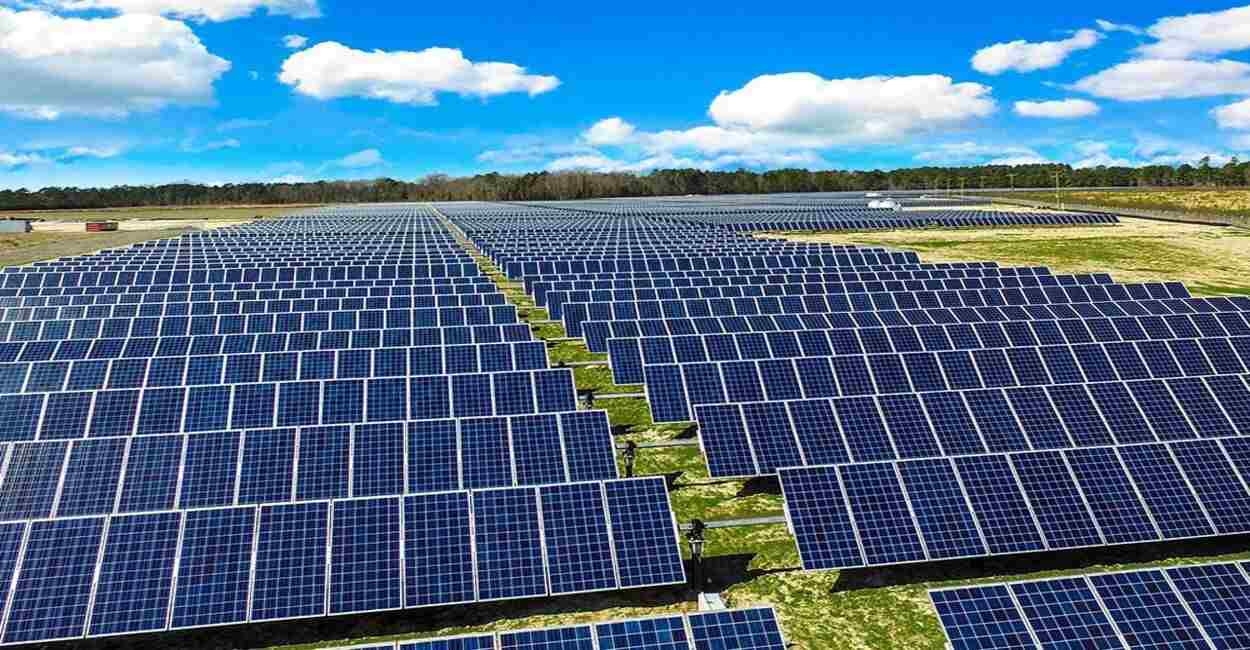Learn How Simply Solar Illinois Can Guide You Cut Costs on Energy
Exactly How Solar Energy Can Help You Save Cash and Lower Your Carbon Footprint
The combination of solar power right into your power portfolio provides a compelling possibility for both financial cost savings and ecological stewardship. As various federal government incentives end up being offered, the question develops: how can one properly navigate the initial financial investments and continuous advantages of solar innovation to make best use of both economic and ecological gains?
Comprehending Solar Energy Financial Savings
While the change to solar energy often involves a first investment, recognizing solar energy savings is vital for property owners and services alike. Solar power systems can significantly decrease electrical energy bills by taking advantage of the sunlight's energy, equating right into considerable lasting financial advantages. By generating their own power, customers minimize reliance on grid power, which goes through changing rates. These savings can accumulate in time, typically causing a quick roi.
In addition, solar energy systems might get approved for various monetary motivations, consisting of tax obligation debts and discounts, better improving their cost-effectiveness. The schedule of web metering enables users to sell excess power back to the grid, developing an added profits stream. These factors add to the general cost savings connected with solar energy.

Along with route financial cost savings, solar energy offers the added benefit of enhancing building value. Residences equipped with solar panels are typically a lot more appealing to purchasers, as they promise lower energy expenses - Simply Solar Illinois. Comprehending these aspects is necessary for any individual considering solar power, as it highlights not just the potential financial gains, yet additionally the wider ecological and economic benefits of embracing sustainable energy services
First Expenses vs. Long-Term Perks
When evaluating solar energy, it is necessary to consider the preliminary costs versus the lasting benefits. The upfront financial investment for photovoltaic panels, installation, and relevant devices can be considerable, typically ranging from $15,000 to $30,000, depending upon the system size and home power needs. This first expenditure may hinder some homeowners; nevertheless, it is important to consider the possible cost savings with time.
When installed, solar energy systems can substantially reduce and even eliminate regular monthly electrical power costs, resulting in substantial long-lasting economic benefits. Studies show that property owners can conserve anywhere from $10,000 to $30,000 over the lifespan of their planetary system, usually 25 years. Additionally, many states supply rewards, tax obligation credit scores, and discounts that can offset first costs, making solar a lot more accessible.

Reducing Your Carbon Footprint
Minimizing your carbon footprint is a critical factor to consider in today's environmentally aware society, and taking on solar power is among the most efficient approaches to achieve this goal. Solar power is a tidy, renewable resource that significantly reduces reliance on fossil gas, which are significant contributors to greenhouse gas exhausts.

In addition, the extensive adoption of solar modern technology Resources motivates the advancement of environment-friendly jobs and sustains advancements in energy storage space and performance. The even more individuals and companies invest in solar energy, the greater the cumulative reduction in carbon exhausts, fostering a cleaner environment for future generations.
Government Rewards and Discounts
Taking on solar energy not only benefits the atmosphere yet can also cause considerable economic savings, particularly with the schedule of government rewards and refunds. Numerous government, state, and neighborhood programs are created to motivate house owners and companies to purchase solar power systems, making the change more budget-friendly.
Among one of the most prominent incentives is the Federal Investment Tax Obligation Credit Report (ITC), which permits solar system owners to deduct a substantial percentage of the setup expenses from their government taxes. This motivation has actually been pivotal in decreasing the in advance costs related to solar power systems. Furthermore, several states provide their own tax credit reports, gives, and refunds that can additionally boost financial savings.
In addition, some neighborhood federal governments give real estate tax exceptions for solar setups, making sure that house owners do not deal with enhanced real estate tax as an outcome of their renewable resource investments. Energy business might additionally supply rewards, including net metering and feed-in tolls, which enable solar power customers to offer excess power back to the grid.
Choosing the Right Planetary System
Choosing the suitable solar system is crucial for optimizing energy efficiency and economic benefits. The choice pivots on numerous aspects, including power requirements, budget, and readily available area. Home owners need to begin by assessing their power usage to determine the system dimension required for optimal performance.
Following, take into consideration the various kinds of solar modern technologies offered. Simply Solar Illinois. Photovoltaic (PV) panels are one next of the most common, transforming sunlight directly right into electrical power, while solar thermal systems concentrate on heating water. Each kind has distinct benefits depending on private demands
Budget factors to consider are additionally vital. Initial setup prices can vary dramatically, so it is essential to compare quotes from multiple companies and discover financing try this site options. Government rewards and discounts can further decrease the economic worry, making planetary systems extra available.
Final Thought
In recap, solar energy presents a practical option for attaining significant cost savings while simultaneously reducing carbon exhausts. The initial investment, though considerable, returns substantial lasting economic advantages, with prospective cost savings varying from $10,000 to $30,000 over 25 years. In addition, the environmental benefits of solar power add to lasting practices important for combating environment modification. Federal government rewards improve the usefulness of solar modern technology fostering, urging a shift in the direction of a cleaner, a lot more economically efficient power source.